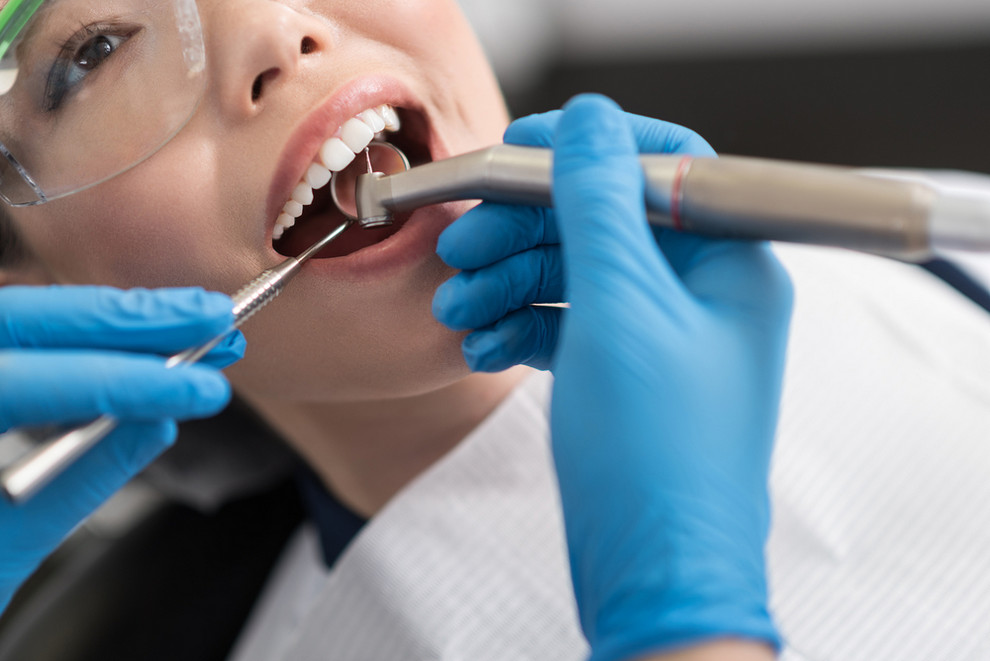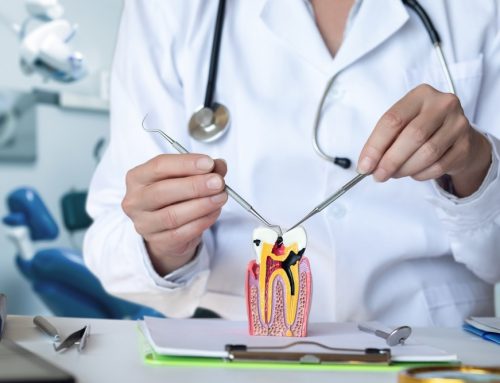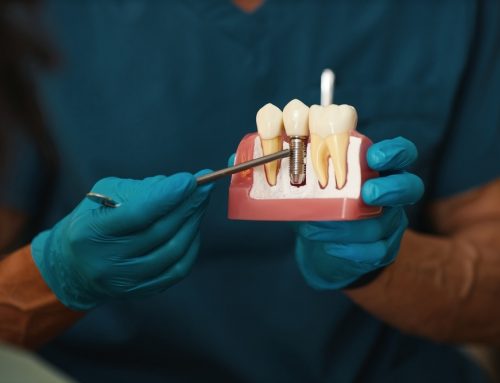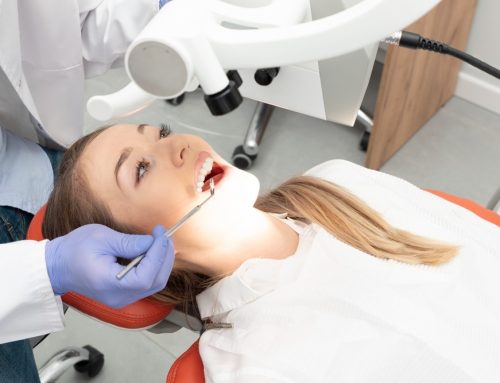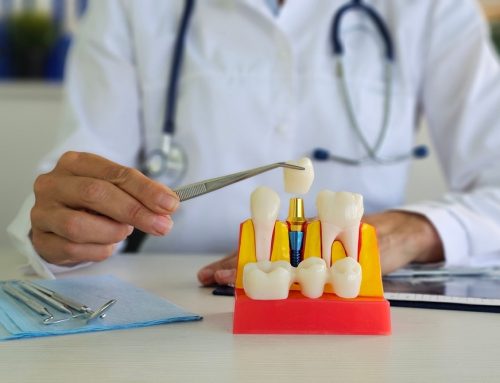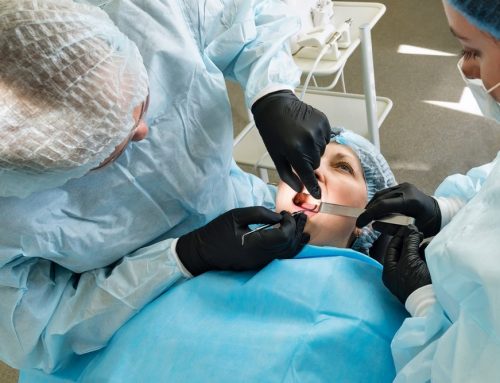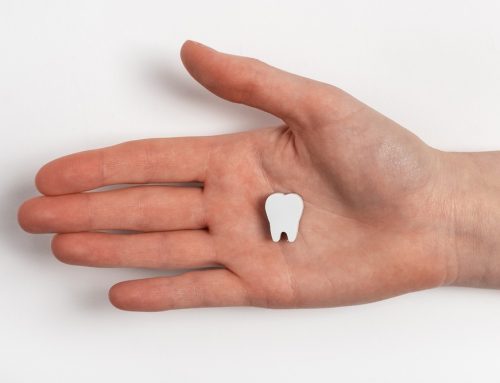Cavities are one of the top dental problems in the United States. In fact, the Centers for Disease Control and Prevention (CDC) found that 91% of U.S. adults over 20 have had a cavity at some point in their life. While we all know that they’re preventable by regular brushing and flossing, did you know that you can stop them, even after they’ve begun forming? So wait, you can heal a cavity? If you catch them early enough, yes! We’ll go over some information on cavities and how you can prevent and possibly reverse them.
What Is a Cavity?
A cavity is a damaged area on a tooth’s surface that develops into an opening or tiny hole. They commonly occur from tooth decay due to a lack of oral hygiene, such as forgetting to brush or floss. Cavities can result from a high-carb, high-sugar diet since the food combines with the mouth’s bacteria to create acids and form plaque. When the acid and plaque clings to your teeth, it begins to dissolve the tooth enamel, resulting in cavities.
Can I Reverse a Cavity?
If your tooth is at the tooth decay stage (which is before the cavity stage), it can sometimes be reversed. The tooth decay stage occurs when your tooth enamel forms soft spots that weaken your tooth’s defenses, allowing pits to form in the tooth. You can prevent it from turning into a full-blown cavity by keeping up with your brushing and flossing routine. This involves brushing twice a day for at least two minutes per session and flossing at least once per day. Flossing is crucial because it cleans the tooth’s surface that your toothbrush can’t reach. You can also add mouthwash to your routine, which is an effective tool for fighting against tooth decay. It can prevent plaque buildup, stop cavities from forming, and help freshen up your breath! Mouthwash helps fight against cavities because it contains fluoride, which helps strengthen your tooth enamel.
What Happens If You Don’t Heal a Cavity in Time?
If you begin to notice constant pain, painful chewing, or bleeding from the tooth, this likely indicates that you have a cavity. While symptoms vary depending on the size of the cavity, here are some common signs to look out for:
- Toothache or pain
- Sensitive teeth
- Pain when eating or drinking something sweet, cold, or hot
- Pain when biting down
- Holes or openings in teeth
- White, black, or brown tooth stains
Another way to tell if you have a cavity is during your bi-annual dental exams, where your dentist can check up on your dental health. If the tooth decay has progressed too far and there’s no chance of reversing it, our dentist will recommend a filling. A filling is where we remove the decayed part of the tooth and fill it with a composite or porcelain material. The filling chemical will bond to your tooth to strengthen it and provide a secure hold. The best part is, they’ll match your tooth’s natural color and won’t even be noticeable!
Dental Arts Is Here to Help
If you’re dealing with a toothache or discomfort when chewing, Dental Arts San Diego will help get you out of pain and get your oral health on track. Our friendly staff will assess your tooth and gums and determine if you have a cavity. Remember to keep up with your oral hygiene habits since you can heal a cavity while it’s in the tooth decay stage! If you have any questions or would like to schedule your appointment with us, please call (619) 444-1001, or book your appointment directly through our website.

